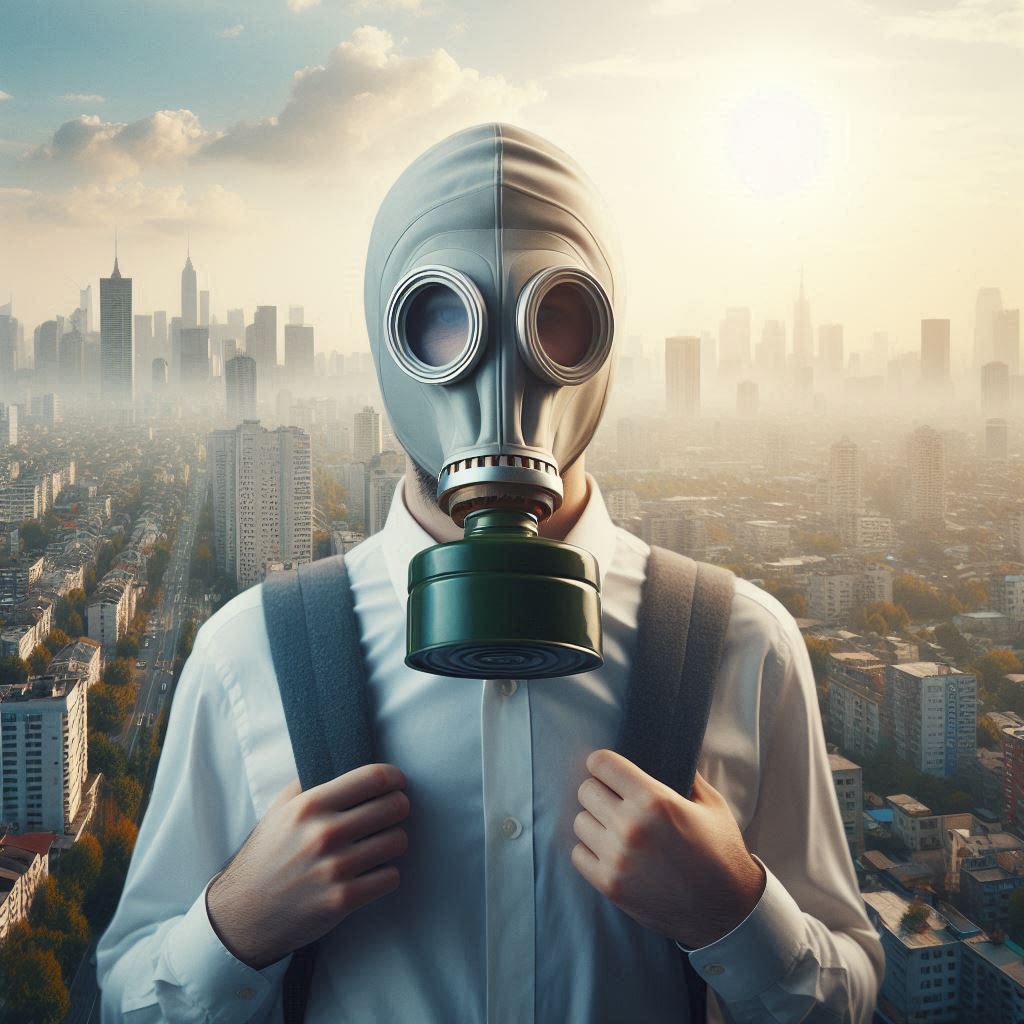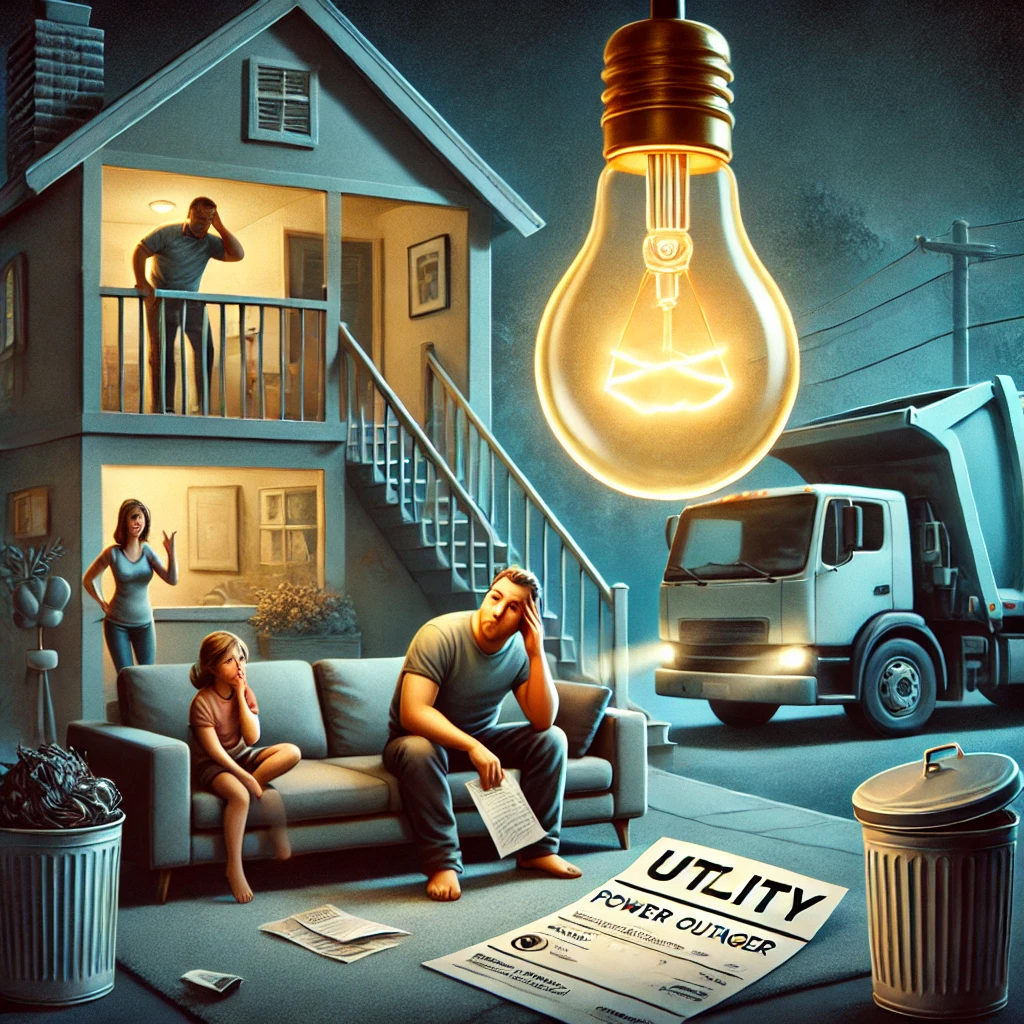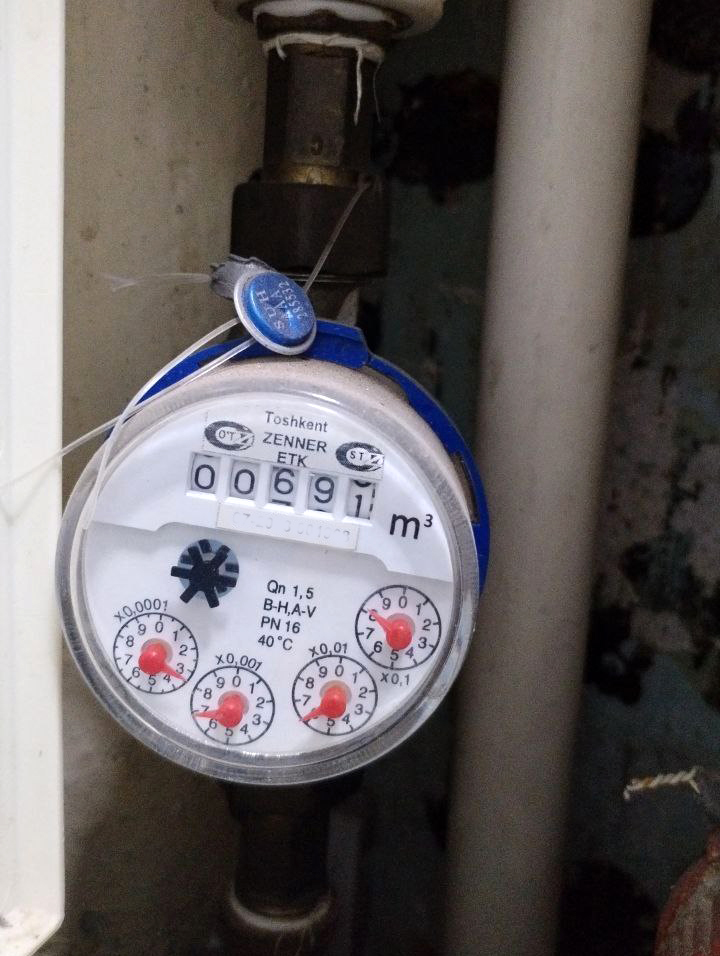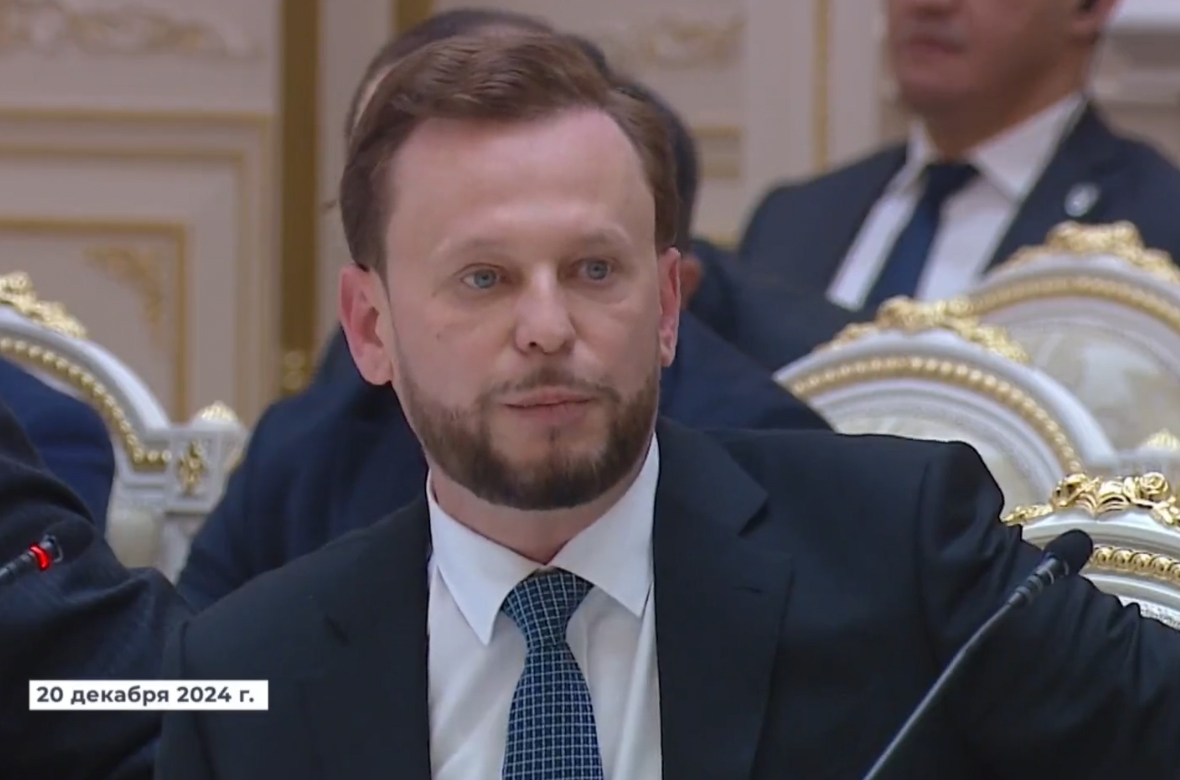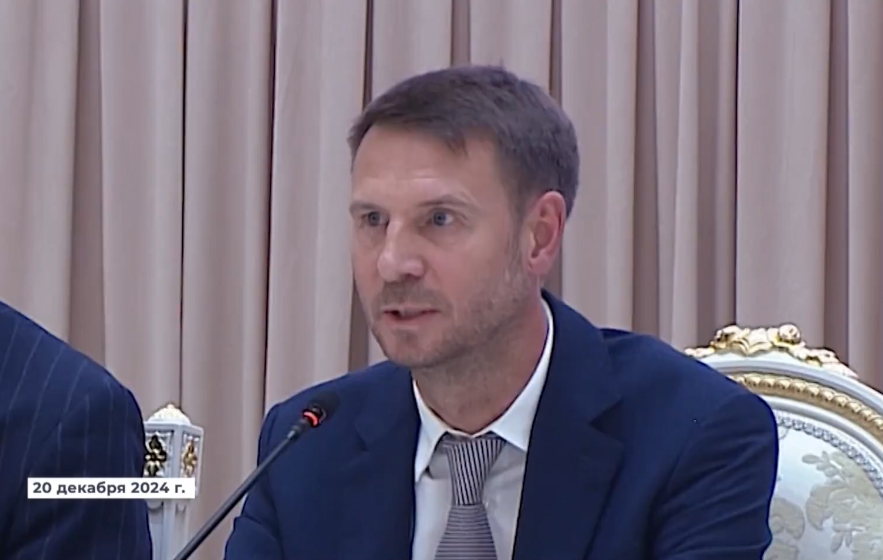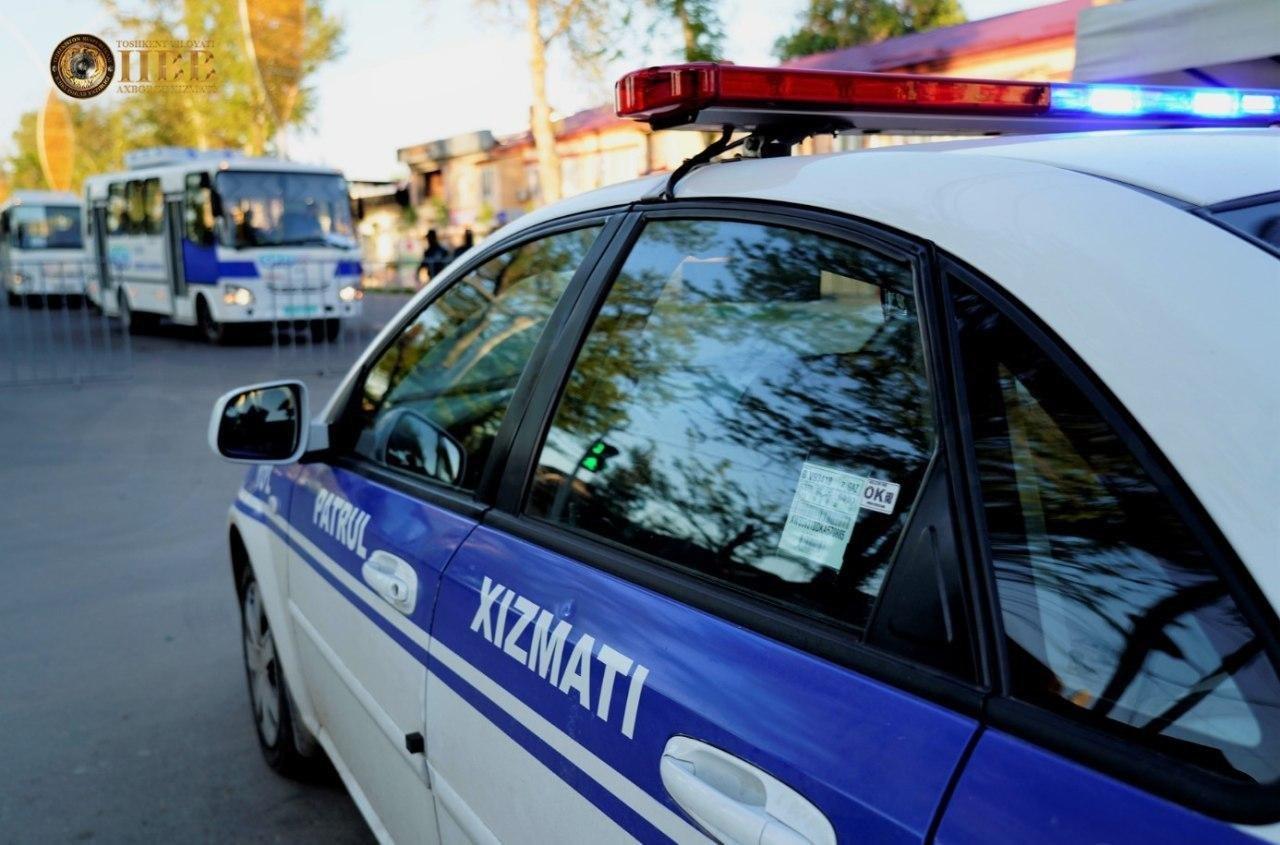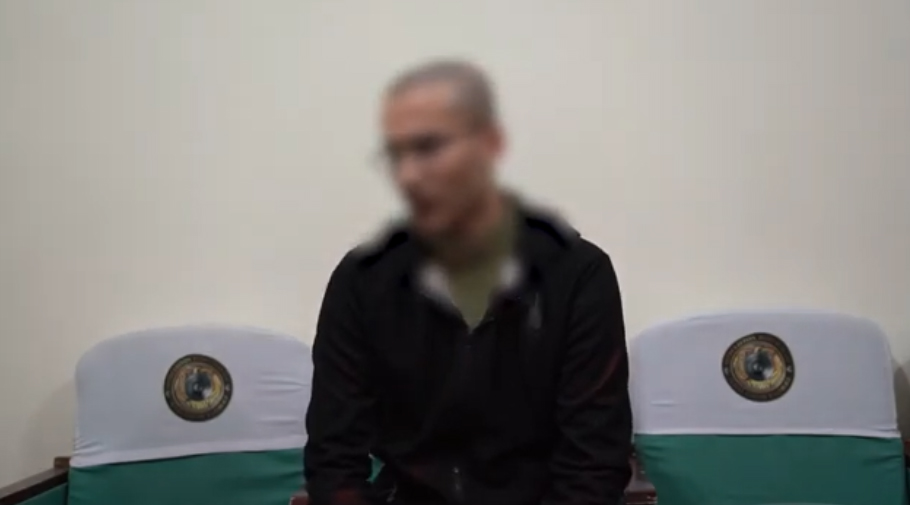This article is also available in:
Русский (Russian)
Uzbek
Dirty air that kills — this is what Tashkent faces as it enters the autumn-winter season. The city becomes engulfed in smog, and the situation is becoming increasingly unbearable. Every morning, residents wake up to the news that Tashkent consistently ranks in the TOP-10 most polluted cities in the world. Why? The answer is simple: no one is addressing the problem. It seems that local authorities prefer to turn a blind eye, while 3,000 people die prematurely every year due to polluted air. Meanwhile, officials either do nothing or feed us empty promises that everything will change “soon.”
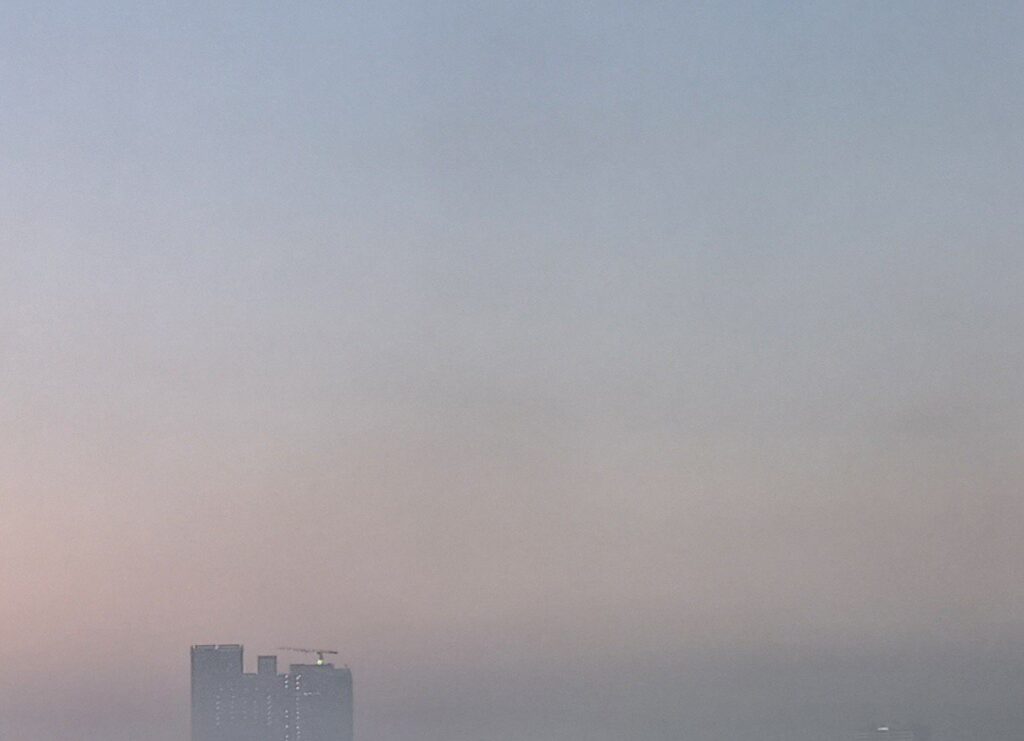
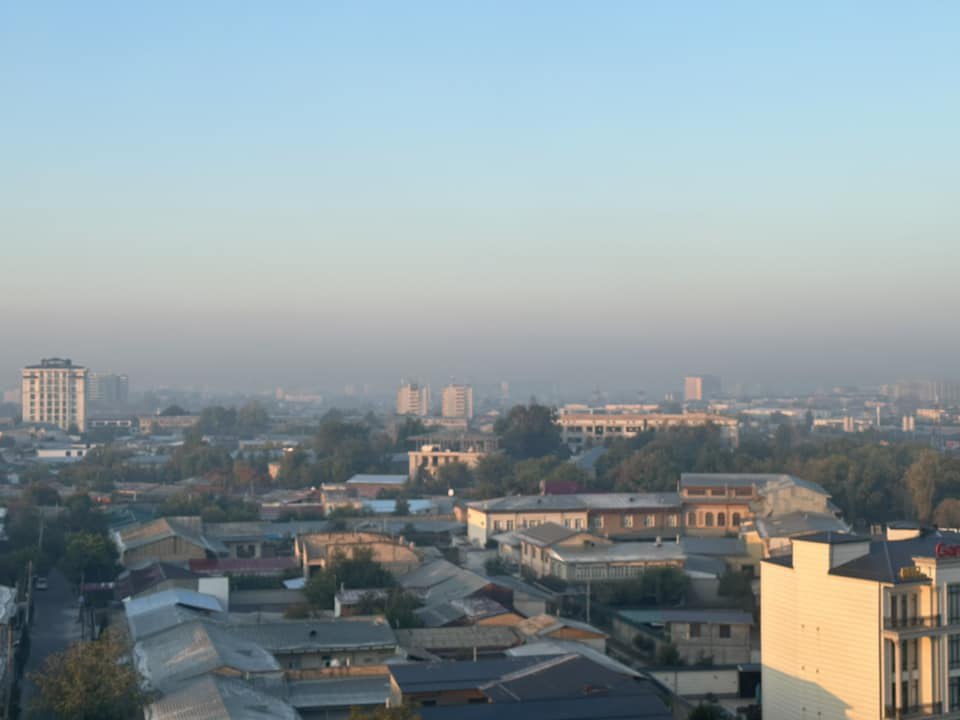
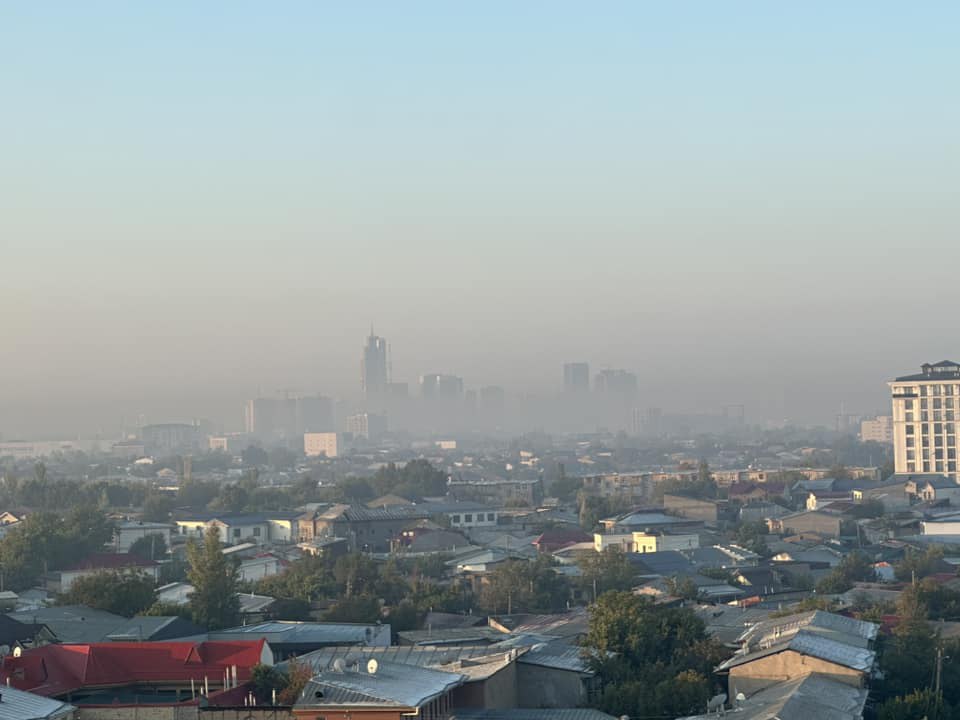
Greenhouses that suffocate the capital
Why is the air in Tashkent so bad? One of the main contributors is the uncontrolled activity of greenhouses surrounding the capital. These greenhouses use coal for heating, and in some cases, even burn old tires. Yes, you heard that right—tires! Imagine: instead of the crisp autumn air, you’re inhaling the stench of burning rubber. This isn’t a myth; it’s the grim reality we live in.
But where is the promised air purification equipment? Where are the systems that should have been installed to filter greenhouse emissions? Apparently, we’ll be waiting for years, and while people choke on toxic air, the city keeps appearing on blacklists for pollution.
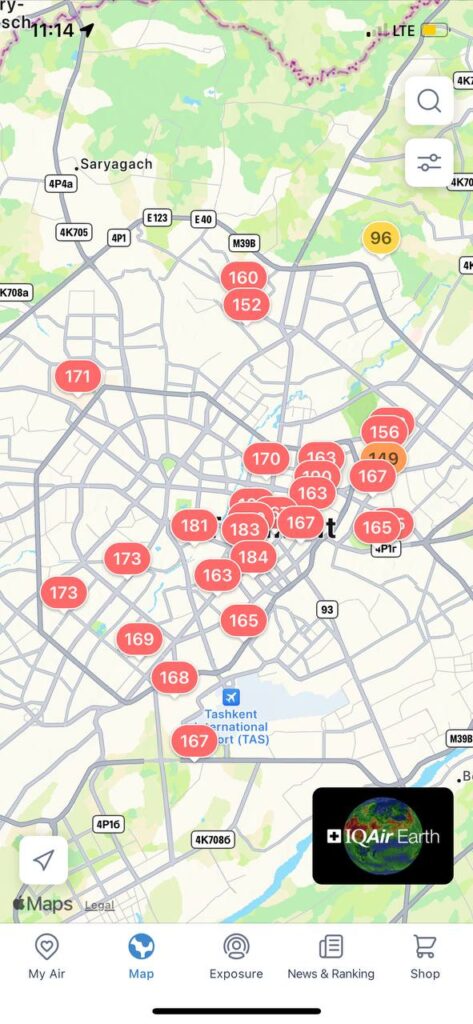
Shattered hopes
Tashkent is not just on the brink of an environmental catastrophe—it’s already in one. Paradoxically, while trying to save crops in greenhouses, we are killing people who cannot simply stop breathing. Greenhouses spread across the outskirts of the city are literally suffocating it with their emissions.
What kind of deadly game are authorities and businesses playing, hiding behind the “importance of greenhouses”? Where is the balance between supporting agriculture and citizens’ right to clean air? All we see are shattered hopes for improvement and an escalating environmental disaster.
And it’s not just greenhouses—the power plants that heat the greenhouses and residential buildings also contribute massively to air pollution. These facilities operate without adequate filters or air-cleaning systems. We are literally breathing in their toxic consequences.
Where are the real actions?
Why do officials remain silent in their air-conditioned offices with closed windows? The answer is simple: no one wants to take responsibility, and as long as we remain silent, nothing will change.
Who will be held accountable?
As long as officials continue playing the “we care about you” game, the real situation worsens daily. Where are the promised measures for installing air purification systems? Where is the strict control over greenhouses and power plants? These questions have long become rhetorical because, apparently, no one intends to answer them.
And who pays the price for these decisions? We, the residents of the city. We pay with our health, breathing in polluted air every day. Yes, authorities can deceive the population, temporarily hide the problem, and make any promises they want. But you can’t fool nature, and every time we see the pollution reports, it’s a signal that something is terribly wrong.
What can be done?
- Stop the inaction. Air purification systems need to be installed in greenhouses and power plants immediately. Not in five years, but now. People’s lives cannot wait.
- Accountability. Every official responsible for addressing environmental issues should be held personally accountable for their failure to act. How can they look the city’s residents in the eye, knowing that people are dying because of their inaction?
- Engaging the public. Citizens need to become active participants in the fight for clean air. It’s impossible to remain indifferent when the health of thousands is at stake.
Tashkent cannot wait. If we continue to tolerate the authorities’ inaction and empty promises, air pollution will continue to claim lives. Greenhouses and energy facilities are important parts of the economy, but the lives and health of the people must be the priority. The fight for clean air is a fight for survival, and if we want to live in a healthy city, it’s time to start taking action.
The article may contain inaccuracies as it is translated by AI. For more details, please refer to the Russian version of the article. If you notice any inaccuracies, you can send corrections via the Telegram bot: Uzvaibik_bot.

